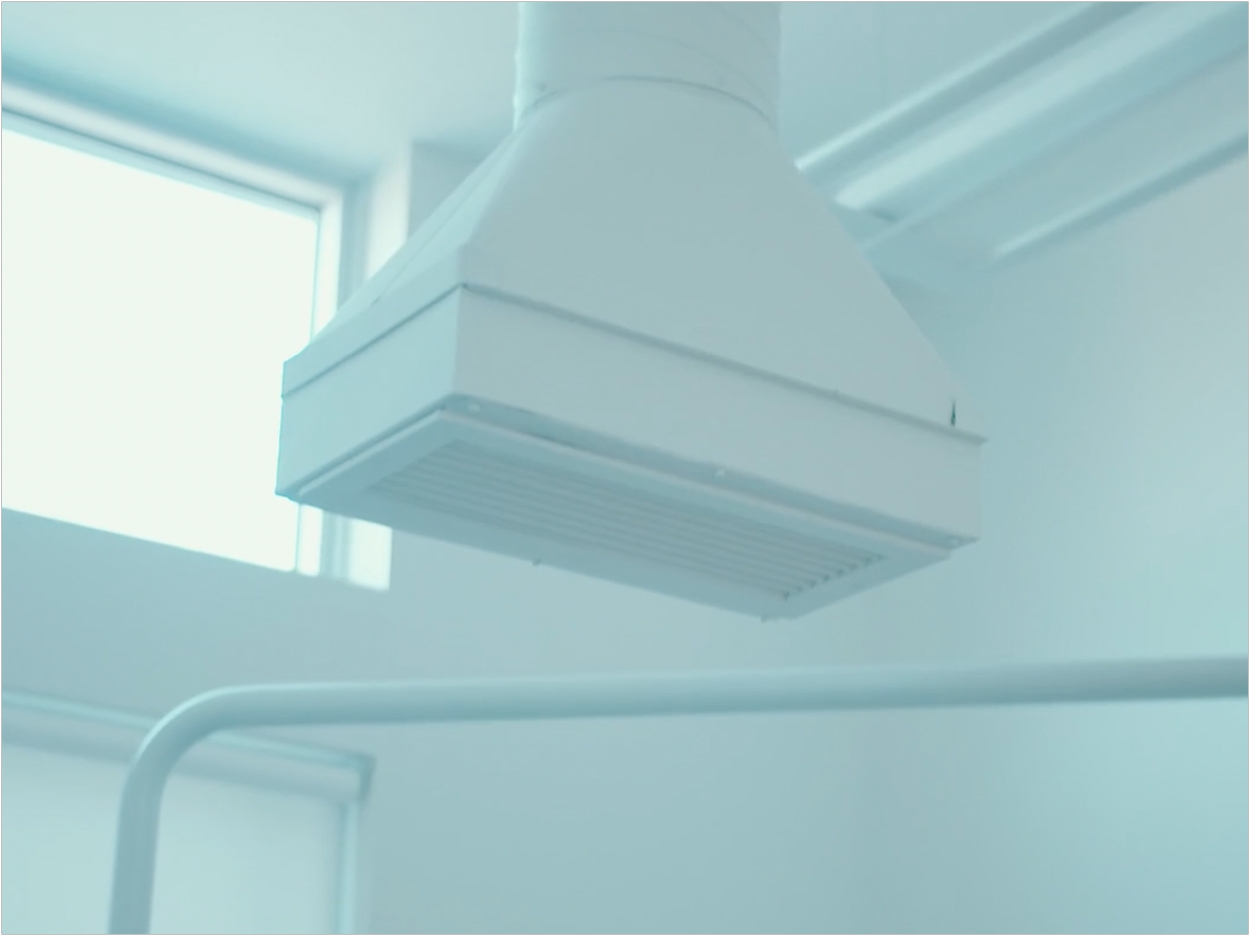
Care Dental in Kelowana, British Columbia, has renovated its entire office to meet the Canadian Healthcare Facilities HVAC Negative Pressure Airborne Infection Isolation Room Standard. The practice says that it is the first of its kind in a British Columbia dental setting.
Hospitals use Airborne Infection Isolation Rooms to contain and eliminate dangerous airborne particles like COVID-19 to protect both patients and caregivers. They combine positive pressure “air curtains” that create containment zones around the clinical space with negative pressure intakes to eliminate airborne pathogens.
When the risk of dangerous airborne particles exists, the Centers for Disease Control and Prevention and Health Canada both recommend the use of Airborne Infection Isolation Rooms. Care Health Meditech performed the renovations.
“Many dental procedures are aerosol generating procedures. This demands we take steps to contain and remove any airborne particles created in our clinical areas,” said principal dentist Dr. Dan Kobi.
“Our engineered, design-build, and balanced system is part of a layered infection control approach and meets or exceeds HVAC specifications used by Canadian hospitals in their airborne isolation rooms,” said Kobi.
“Alongside patient flow adjustments, PPE enhancements, and infection control changes, we can now most safely and responsibly deliver care,” said Kobi.
The installation included all areas of the practice, not just treatment areas.
“Our vision is to be the dentists that both team and patients look forward to safely visiting. Although significantly increasing the investment, we felt that providing protection to all areas had best fit with this vision,” said Kobi.
The reengineering and renovations caught the eye of researchers at the University of British Columbia Okanagan Campus. Faculty of Health social and development associate professor Jonathan Little, PhD, is leading a research team and has a research proposal underway specific to the Care Dental project.
“Airborne Infection Isolation Rooms have been used in hospitals to contain and eliminate dangerous particles for many years, however, are not generally deployed in dental practices due to the significant expense and facility requirements demanded by their install,” Little said.
“As dental workers are considered high-risk for respiratory diseases due to daily exposure to aerosolized pathogens, volatile organic compounds, and mercury, we are excited to conduct a natural experiment to explore the health impacts of this technology for patients and teams in a dental setting,” said Little.
Related Articles
The CDC Says N95s Can Be Decontaminated and Resued
Partnership Introduces UV Infection Control to DSO’s Practices
Face Shield Designed to Protect Medical Personnel












